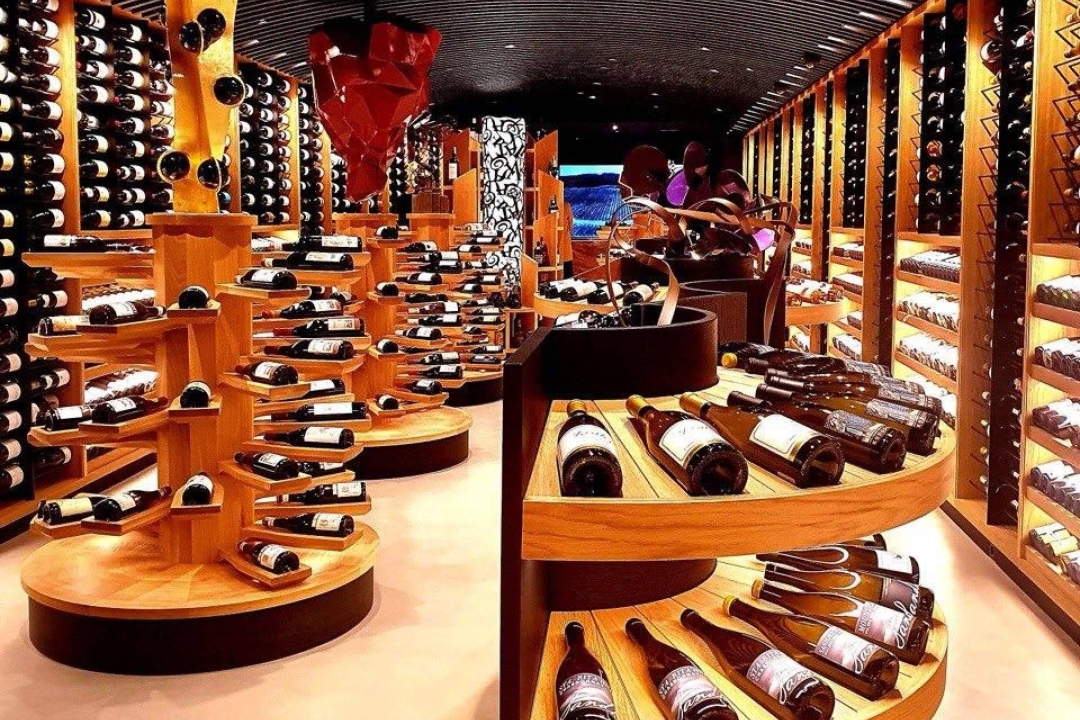In the collective imagination, the idea persists that wine improves with age, as if the passage of time were automatically synonymous with quality. However, the answer to the question "does all the wine improve with time?" Is far from unanimous. From an oenological perspective, wine has a life cycle comparable to that of a human being: it is born, develops, reaches its peak, and, if not consumed in time, declines.
In this context, Wine Tours From Madrid, a company specialising in wine tourism since 2015, offers experiences that help participants understand these stages directly at the source. Through visits to renowned wineries and personalised tours, participants have the opportunity to observe how ageing affects each type of wine.
What determines whether a wine is meant to age
Ageing does not always benefit wine. According to specialists at Wine Tours From Madrid, several factors influence a wine's ability to evolve: from grape variety and acidity, to tannic structure, winemaking methods, and storage conditions.
Wines with the greatest ageing potential are usually complex reds made from tannin-rich varieties, such as Tempranillo, and aged in oak barrels. In these cases, time allows the development of tertiary notes and a smoother texture. In addition, these wines often come from specific vintages and techniques such as biodynamic winemaking, hand-harvesting, or controlled oxidative ageing, which help them evolve positively in the bottle over the years.
On the other hand, there are wines — light whites, rosés, or young reds — designed to be consumed early. Their appeal lies in their freshness, fruit-forward character, and vibrancy, qualities that tend to fade over time. In this sense, an affordable bottle intended for immediate consumption will not benefit from long-term storage. In fact, according to industry data, less than 5% of wines are made to age for more than a decade.
Even wines designed for cellaring follow a descending curve: once they reach their peak, they begin to lose qualities such as acidity, primary aromas, and structure. Therefore, the statement "does all the wine improve with time?" Is only valid in specific contexts, and only when proper storage conditions are maintained: stable temperature, darkness, lack of vibrations, and controlled humidity.
Wine tourism to understand wine beyond the myth
Wine Tours From Madrid has built its offering around a comprehensive vision of the wine world. Through routes such as Ribera del Duero, La Rioja, or La Mancha, travellers gain access to historic wineries, experienced winemakers, and expert-led tastings. These immersive experiences allow not only enjoyment of the product, but also a deeper understanding of its origins, techniques, and ideal consumption window.
Each tour includes tastings of wines at different stages of ageing, offering the chance to compare how aroma, texture, and flavour evolve. In doing so, the widespread belief is demystified, opening the door to a more precise and informed appreciation of wine — all from direct experience in its natural setting.
Media Contact
Company Name: WINE TOURS FROM MADRID
Contact Person: Press Office
Email: Send Email
Country: Spain
Website: https://winetoursfrommadrid.com/





